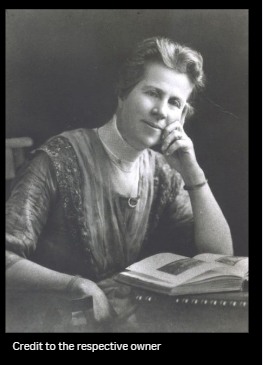In 1868, Grace Chisholm was born into a world that confined women’s ambitions to “suitable” activities. She dreamed of becoming a doctor, but her mother refused—telling her that medicine was not a place for a woman.
So, Grace turned to mathematics, another field that was challenging for women, yet one where her bright mind could not go unnoticed.
After years of studying at home, she entered Girton College, Cambridge, in 1889. There, she excelled in a demanding curriculum created for the very best minds. Grace not only succeeded—she shattered expectations. In the Final Honours School examination, she earned first-class standing at Oxford as well, becoming the first person ever to achieve that honor at both Oxford and Cambridge in any subject.
And yet, neither university would give her a degree. Prejudice prevailed.
After marrying mathematician William Henry Young, Grace continued her research, producing work of remarkable depth. But in a time when married women were expected to fade into the background, many of her papers appeared under her husband’s name. Much of what the world credited to him was, in truth, her own work.
Grace Chisholm Young’s story is one of brilliance that refused to be hidden—even when her name was kept from the spotlight. Today, her legacy is a reminder of the countless women whose contributions to science and mathematics have quietly been tucked away in history, and how important it is for their voices to be heard fully.
